Raising chickens with biological products to protect the environment
Currently, the model of raising chickens using biological products is being widely applied. At Duc Trong farm (Suoi Ngo commune, Tan Chau district) with a scale of nearly 200,000 chickens, thanks to the use of biological products, probiotics mixed into food, drinking water and biological bedding, there is no bad smell but also the waste products are collected as organic fertilizer, optimizing resources.
According to Mr. Nguyen Anh Tuan - Farm Manager, biological products and probiotics are one of the solutions to help farms effectively treat waste in livestock farming, limit the use of antibiotics, and minimize environmental impacts. He said that the role of intestinal microflora and probiotics is an important factor in poultry farming, because it not only supports digestion but also helps strengthen resistance and optimizes livestock growth safely. When the barn environment is clean and free of toxic gases, it will help livestock avoid respiratory diseases. However, it is important to note that the barn must be built on a high floor to avoid humidity, and that biological products and effective bedding mixtures are used to suit the needs and conditions of farming.
Mr. Tuan further explained that the main ingredient for making biological bedding is rice husks (rice husks). In addition to using probiotics mixed into food and drinking water, biological bedding is an advanced solution to help improve the environment of the barn, especially for chicken farms. Thanks to the application of probiotics, poultry waste does not need to be cleaned regularly, but only needs to be replaced every 4-5 months, which has significantly reduced labor and electricity costs during the brooding period and limited intestinal diseases in livestock. Chickens are healthier, less susceptible to disease, have a lower loss rate and give higher productivity.
“Probiotics are very important in poultry diets and drinks, helping to provide beneficial microorganisms and improve the digestive system, strengthen the immune system, and support effective disease prevention and treatment. The trend of environmentally friendly livestock farming and not using antibiotics is currently being widely applied. Waste after being treated with probiotics is usually harmless and can also be reused as organic fertilizer,” Mr. Tuan shared.
Harvesting broiler chickens at Duc Trong farm (Suoi Ngo commune, Tan Chau district)
According to statistics from the Department of Animal Husbandry and Veterinary Medicine (Department of Agriculture and Environment), the province currently has over 10 million poultry, all chicken farms use closed cages with self-flowing drinking water troughs and automatic feeders, have ventilation systems and use biological products to reduce environmental pollution. The livestock industry has proactively approached and received the transfer of high-tech applications for industrial chicken farming. Initially creating a breakthrough and opening up a direction for the development of high-yield livestock farming, ensuring food safety and hygiene and reducing the risk of environmental pollution.
In Tan Chau district, with a total poultry herd of over 2 million, along with the construction of disease-free zones, the issue of environmental protection in livestock farming areas is of particular concern to the agricultural and environmental sectors and local authorities. The Tay Ninh Animal Husbandry and Veterinary Department regularly conducts periodic assessments in accordance with regulations and appraises new issuance and re-issuance of disease-free livestock farms upon request from livestock farmers.
Widely applied, ensuring safety in epidemic areas
The strategy of developing a circular economy , reusing agricultural by-products and reducing emissions in the livestock industry is a sustainable direction that helps minimize negative impacts on the environment, while improving the efficiency of resource use in the livestock industry.
To realize the Government's project on developing a circular economy in agriculture, Tay Ninh province has implemented a specific plan with the goal of promoting the application of science and technology, improving production efficiency, reusing agricultural by-products and reducing emissions. In particular, for livestock farming, the province aims for 100% of farms and 60% of livestock households to apply waste treatment and reuse technology.
According to the Department of Agriculture and Environment, the whole province is implementing the construction of 7 livestock farming areas, 3 mixed farming and high-tech livestock farming areas, many pioneering enterprises are at the forefront of applying science and technology, improving production efficiency, reusing agricultural by-products and reducing emissions, in which the highlight is the use of energy-saving solutions, biological bedding, improving feeding and food processes, and treating and reusing wastewater and waste in livestock farming.
There are 496 livestock and poultry farms in the province, of which 21 chicken farms have been granted VietGAHP certification. Tan Chau and Duong Minh Chau districts have been certified as disease-free zones for avian influenza and Newcastle disease in chickens. In addition, the industry has built 6 communes in Go Dau district to be certified as disease-free facilities for avian influenza and Newcastle disease in chickens. The livestock structure continues to shift from small-scale farming to concentrated farm-scale farming, ensuring biosecurity.
In recent years, the province has been chosen by many leading investors such as De Heus Group (Netherlands), Hung Nhon Group, Masan, QL Vietnam Agroresources Co., Ltd. (Malaysia), Bel Ga Tay Ninh, De Heus Co., Ltd., Vinamilk, BaF Livestock Company... to build high-tech livestock projects, thereby forming large-scale poultry farms. The common point of the farms is that they apply modern advanced equipment and technology in production combined with biological products. This is one of the criteria for building disease-free livestock farming areas and chains, not only serving the prevention and control of livestock diseases but also ensuring the supply of livestock products for the domestic market and promoting exports.
Promoting the development of a circular economy based on science and technology is a strategic step of Tay Ninh to promote sustainable agricultural economy in general and livestock industry in particular, meeting market demands and protecting the environment, thereby affirming the role of the province in the overall development of green and modern agriculture in the country.
Tam Giang
Source: https://baotayninh.vn/phat-trien-kinh-te-tuan-hoan-buoc-di-chien-luoc-cua-nong-nghiep-tay-ninh-a189690.html


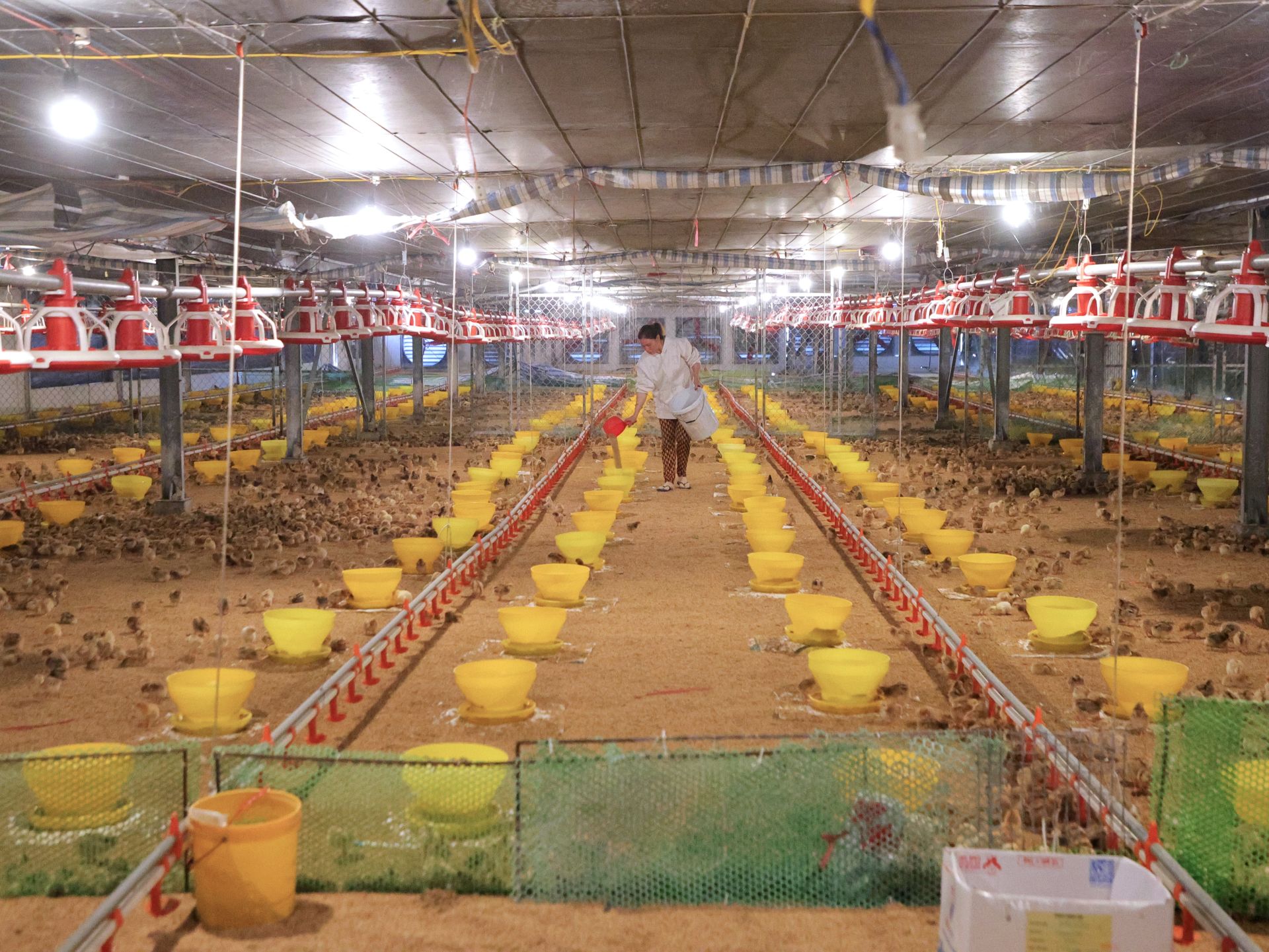
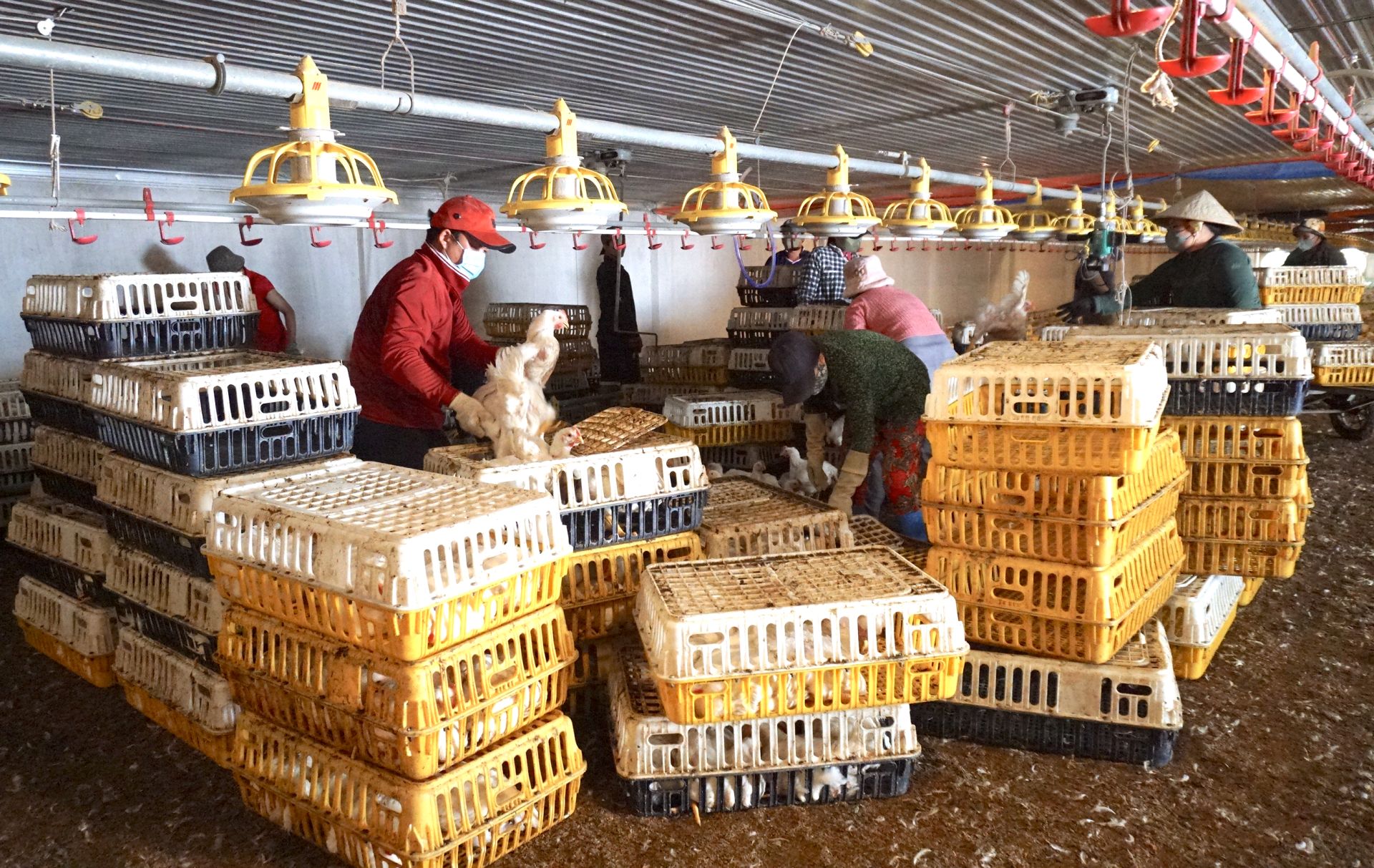
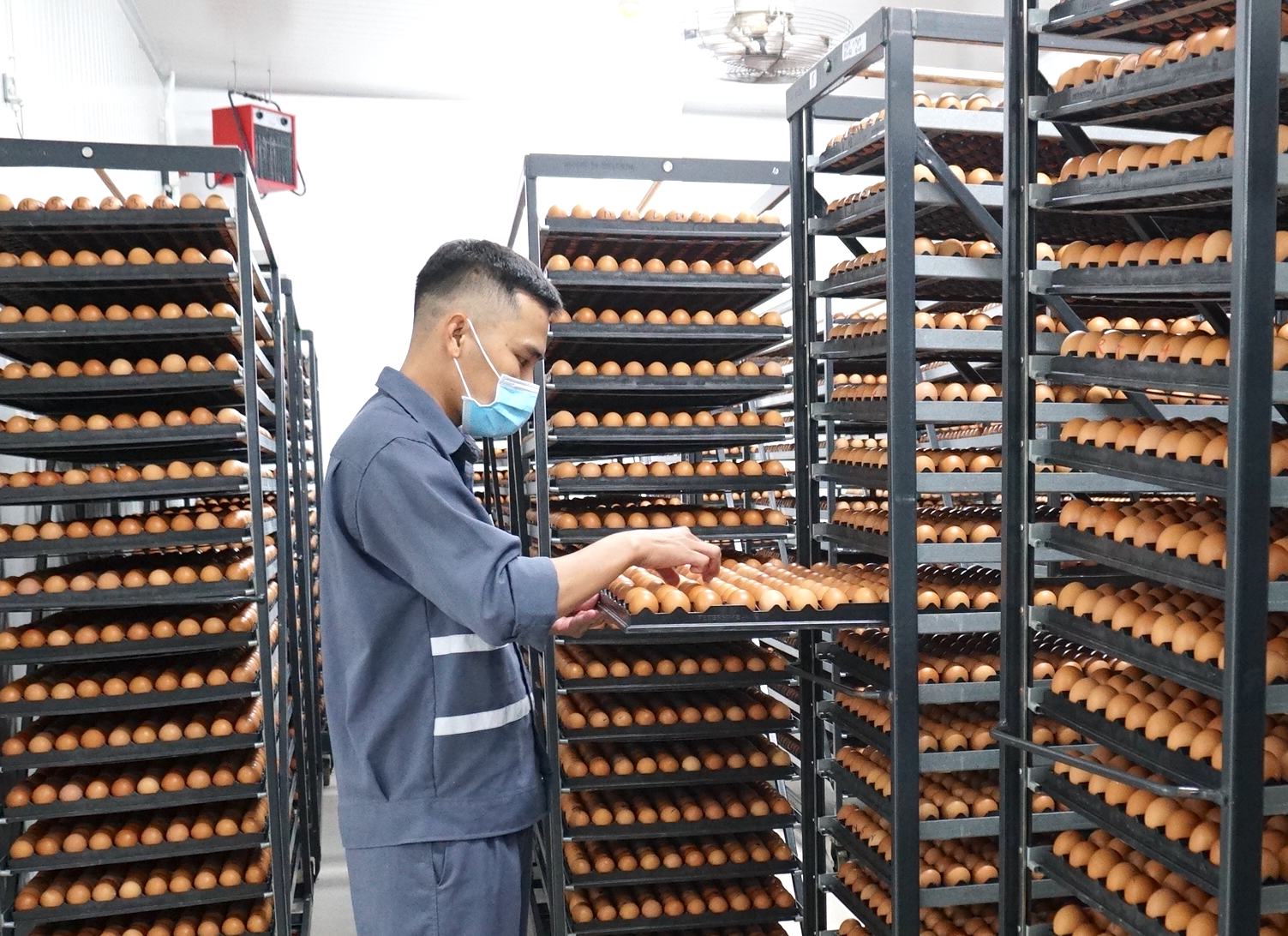


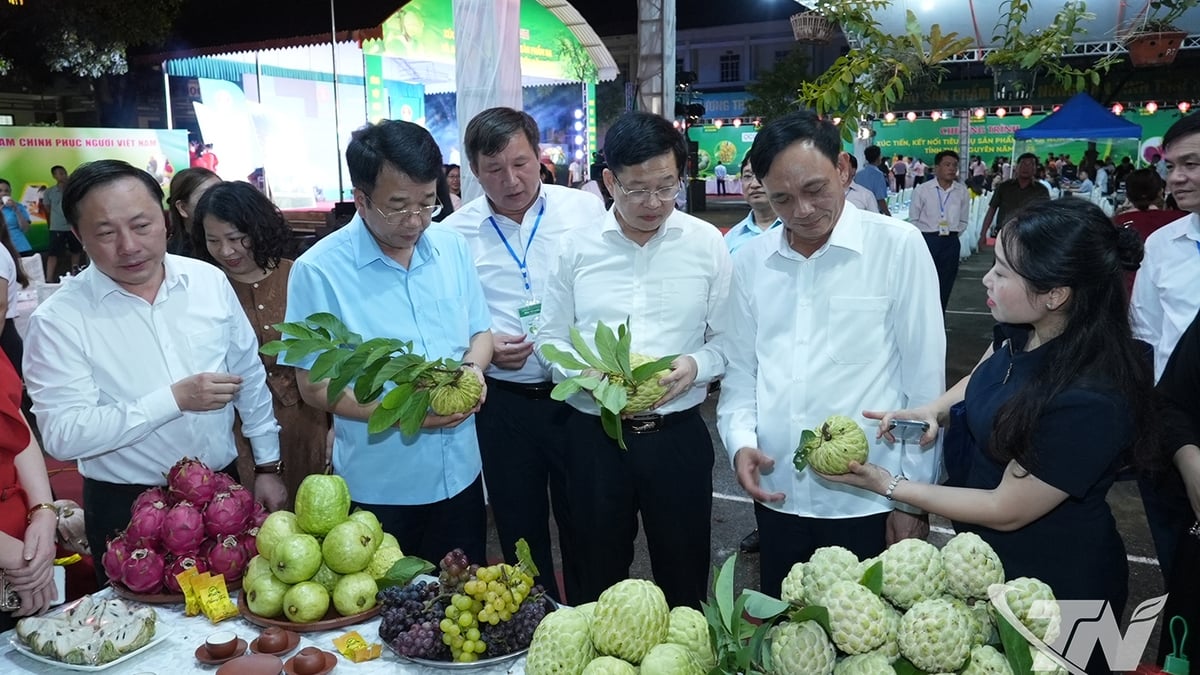

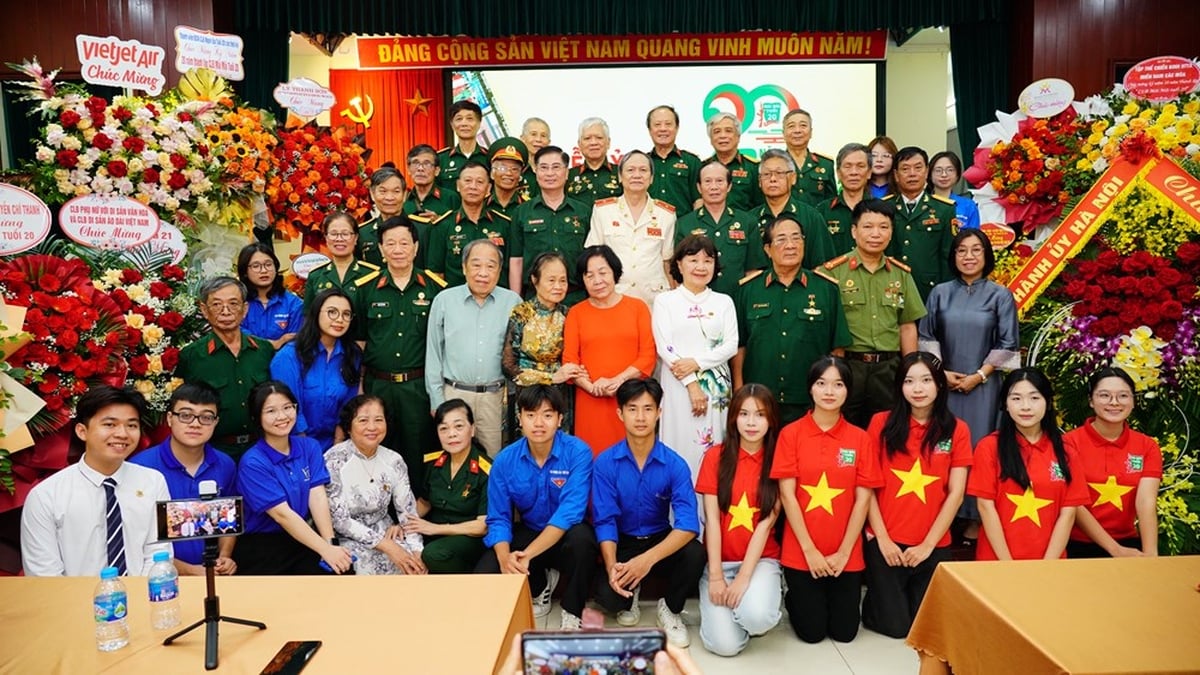
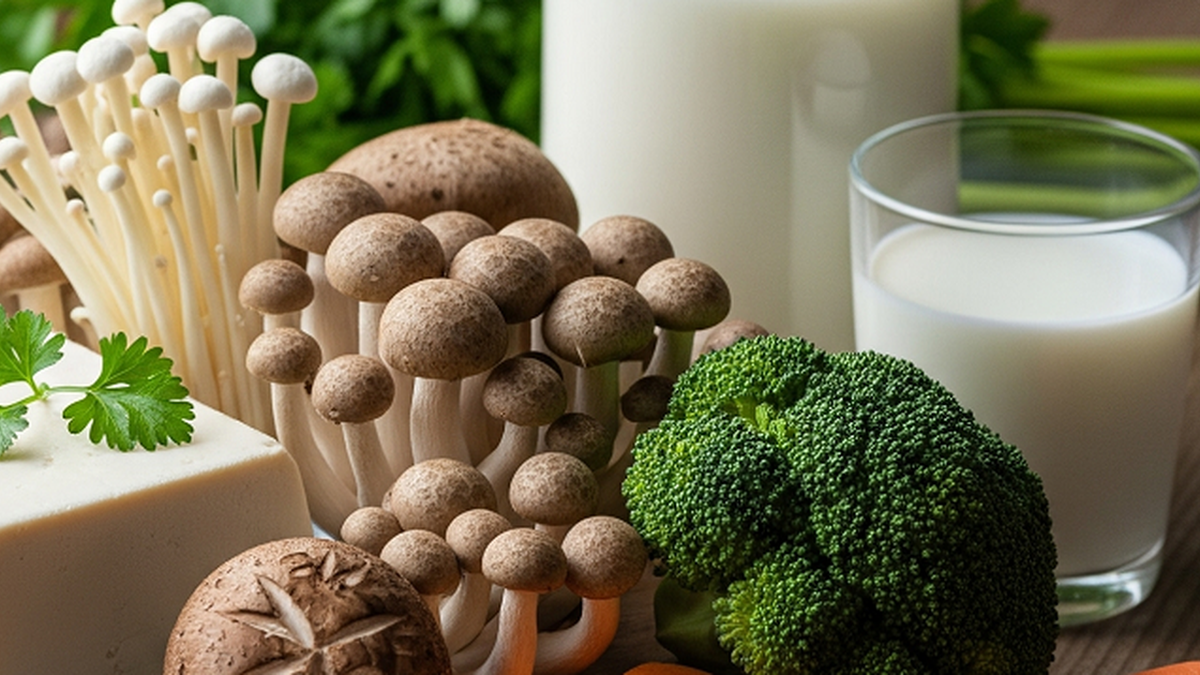
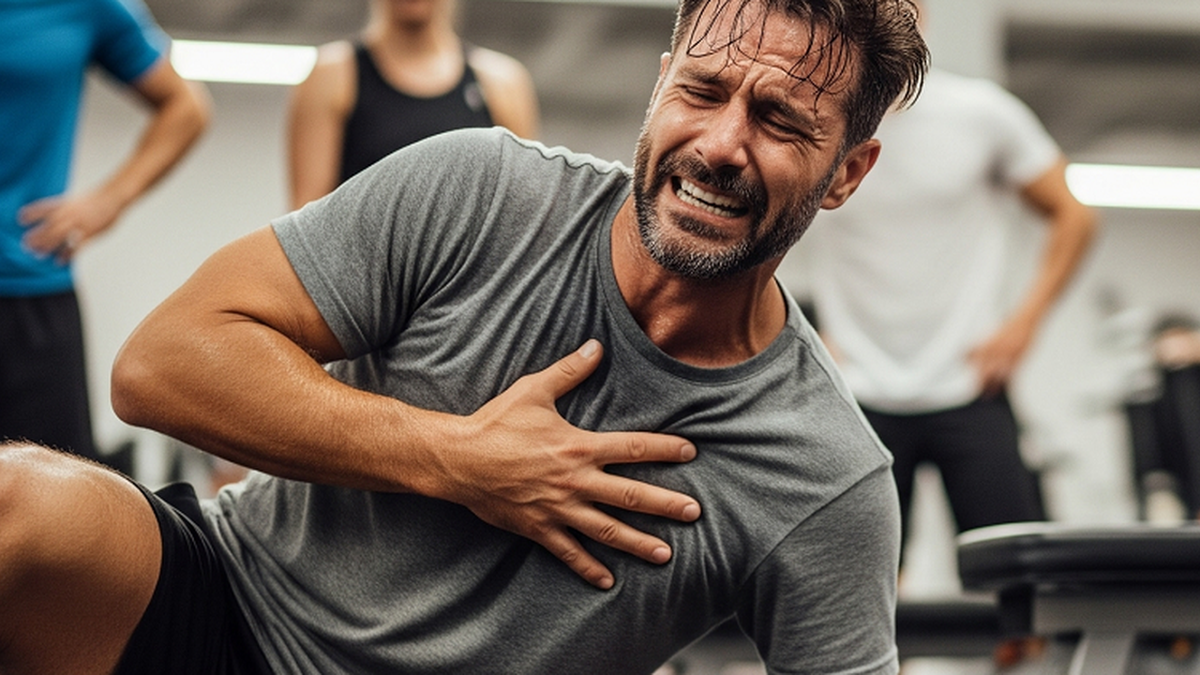

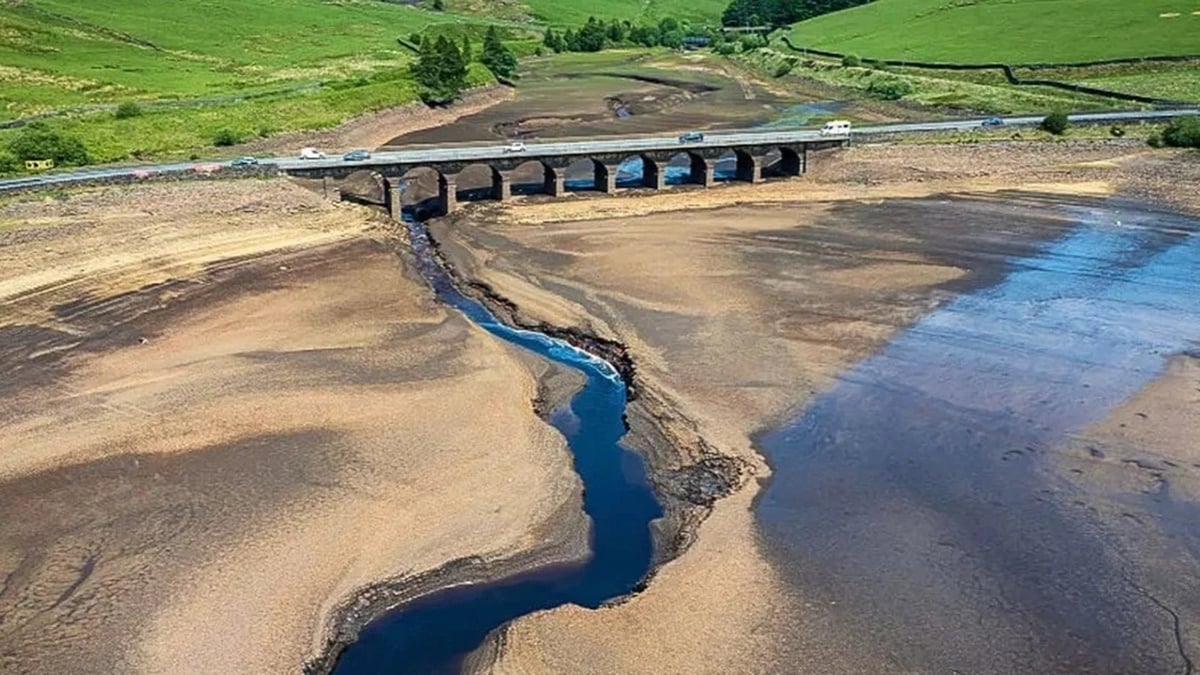












![[Photo] General Secretary attends the inauguration ceremony of the Ministry of Public Security Headquarters](https://vphoto.vietnam.vn/thumb/1200x675/vietnam/resource/IMAGE/2025/8/16/3ceec3a24ef945c18ae2b523563b749d)


![[Photo] National Assembly Chairman Tran Thanh Man attends the program "Returning to the source - Towards the future"](https://vphoto.vietnam.vn/thumb/1200x675/vietnam/resource/IMAGE/2025/8/16/d081d9c162ee4ed9919e723aa322a53a)
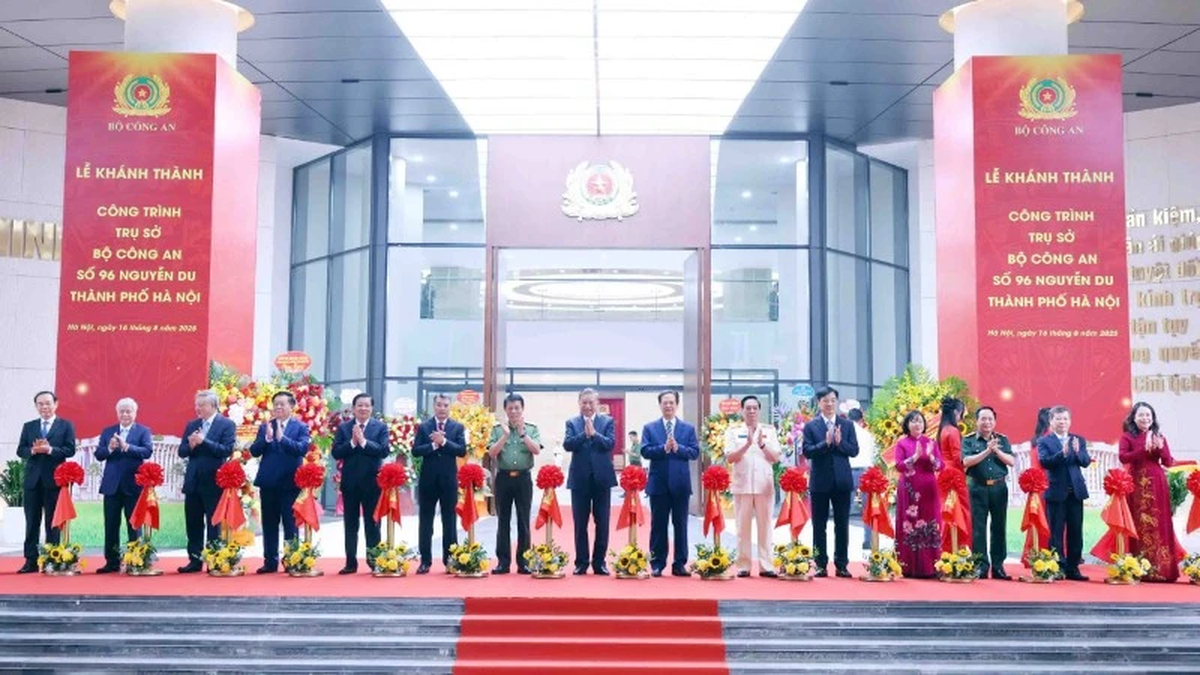
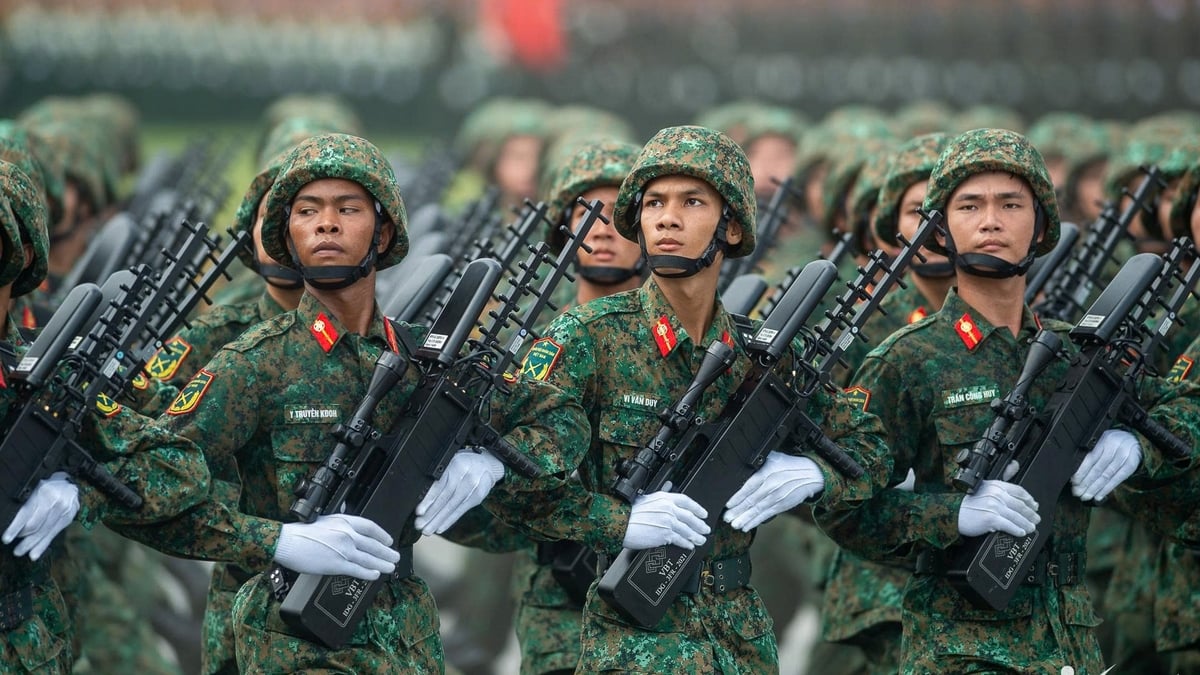
![[Photo] “Moving forward with Vietnam” on the most romantic road in Vietnam](https://vphoto.vietnam.vn/thumb/1200x675/vietnam/resource/IMAGE/2025/8/16/0ee500bc59fd4468863261ee26f47fe7)
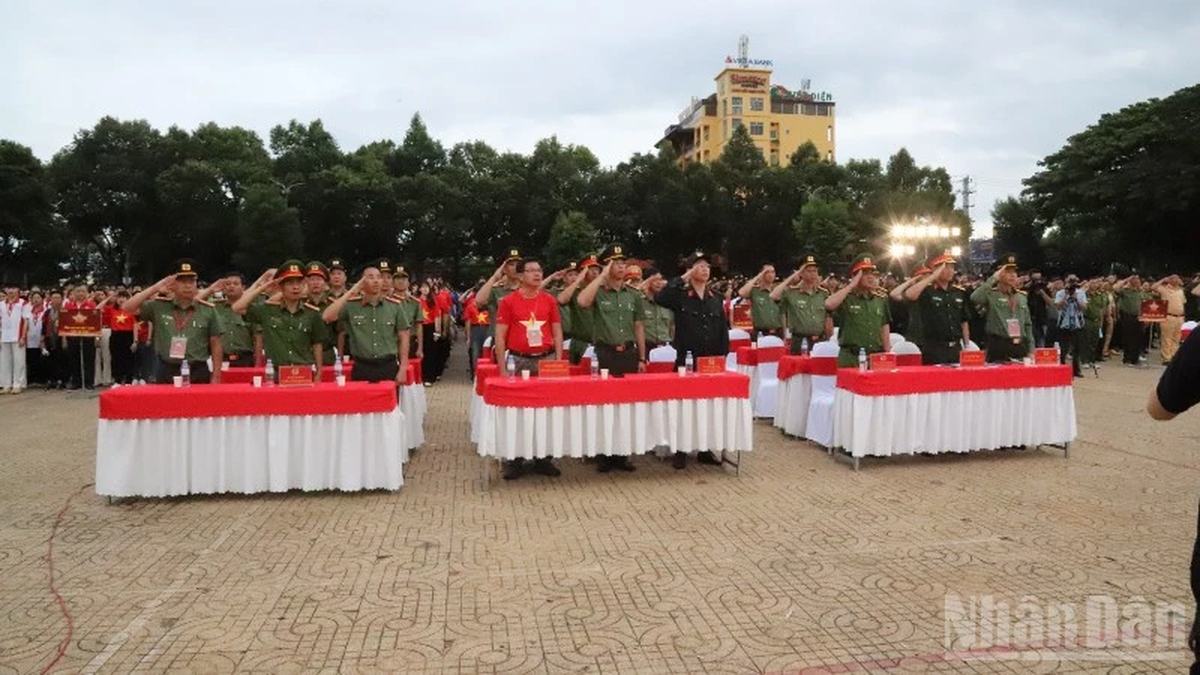



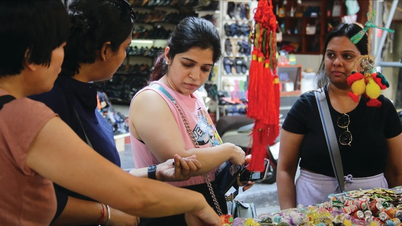



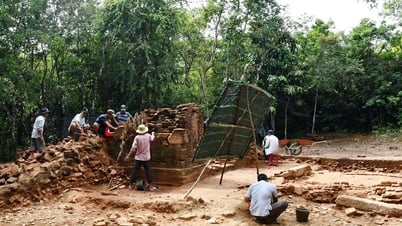

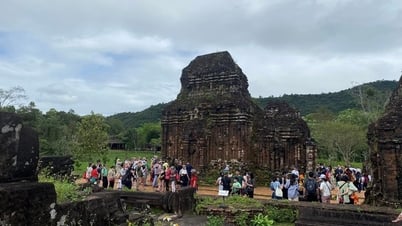


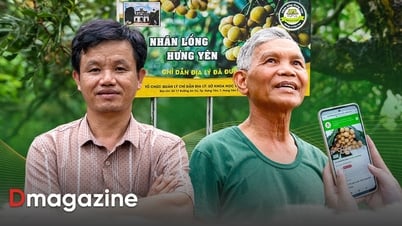



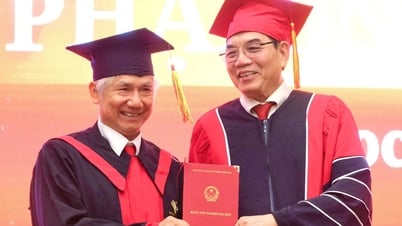

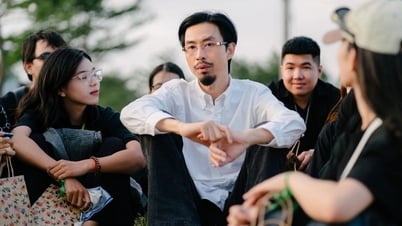
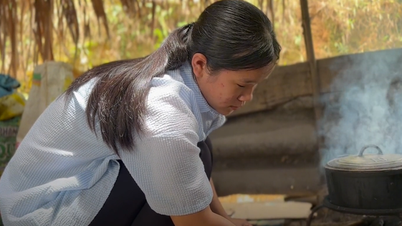

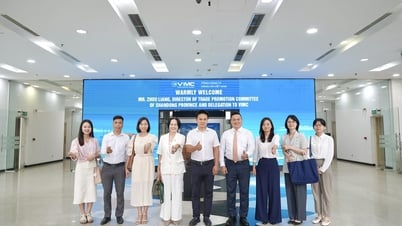

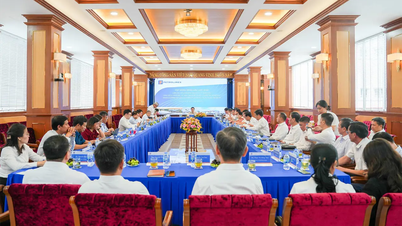

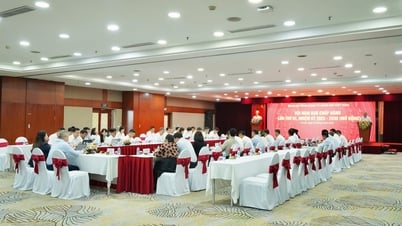


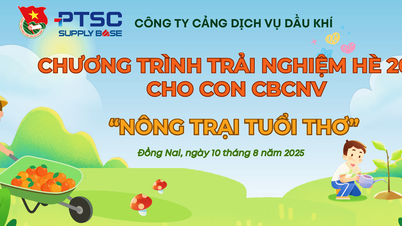











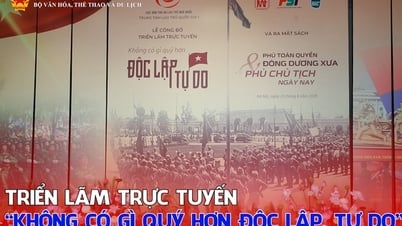
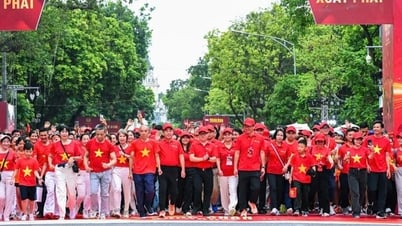
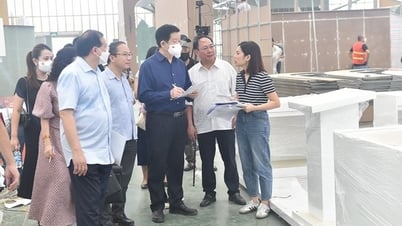






















Comment (0)